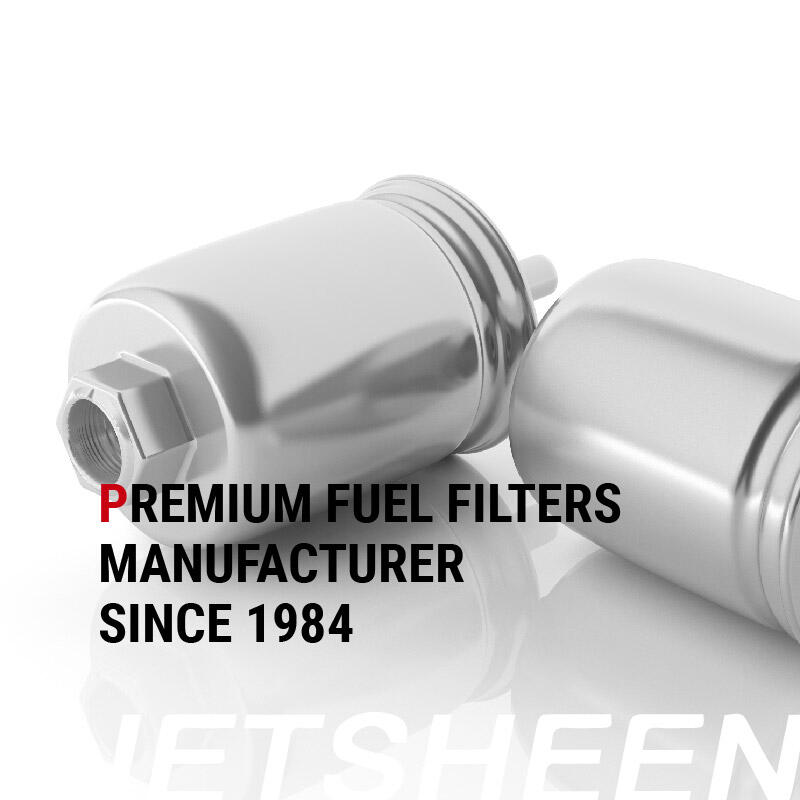When and How Often Should You Replace Your Fuel Filter?
Fuel filter replacement is often neglected, but it’s one of the most important maintenance tasks for your vehicle. A clogged or worn-out filter can lead to poor engine performance, reduced fuel efficiency, and even total engine failure. Understanding when and how often to replace your fuel filter is essential for keeping your vehicle running smoothly. Here’s everything you need to know about fuel filter replacement intervals and when to replace your filter.
1. Follow Manufacturer Recommendations
Most vehicle manufacturers recommend changing the fuel filter every 20,000 to 40,000 miles. However, this can vary depending on the make and model of your vehicle. Always consult your vehicle’s owner’s manual for specific maintenance guidelines. For vehicles that drive in harsh conditions (dusty roads, towing, frequent short trips), you may need to replace the filter sooner.
2. Driving Conditions Matter
If you drive in extreme conditions—like dusty areas, off-road environments, or areas with poor fuel quality—you may need to replace your filter more frequently. Dirty fuel can clog the filter more quickly, so keeping track of your driving habits can help you determine when it's time for a replacement.
3. Signs You Need a New Filter
If your engine is experiencing sluggish acceleration, stalling, or poor fuel economy, it could be a sign that your fuel filter needs replacement. A clogged filter restricts the flow of fuel to the engine, which can result in misfires, difficulty starting, or a sudden drop in power. Any unusual performance or fuel system-related issue should prompt a filter check.
4. DIY vs. Professional Replacement
While replacing a fuel filter is generally an easy task for experienced DIYers, it’s recommended that a professional mechanic handles it for the first time, especially if you’re not familiar with your vehicle’s fuel system. A mechanic can also check for other underlying issues that may contribute to fuel filter failure.
5. Why Regular Replacement Matters
Regular replacement ensures that your engine receives a steady flow of clean fuel, maintaining performance and prolonging the life of your vehicle. Delaying fuel filter replacement can lead to clogging, which may cause fuel injectors to become dirty, resulting in expensive repairs down the road.



